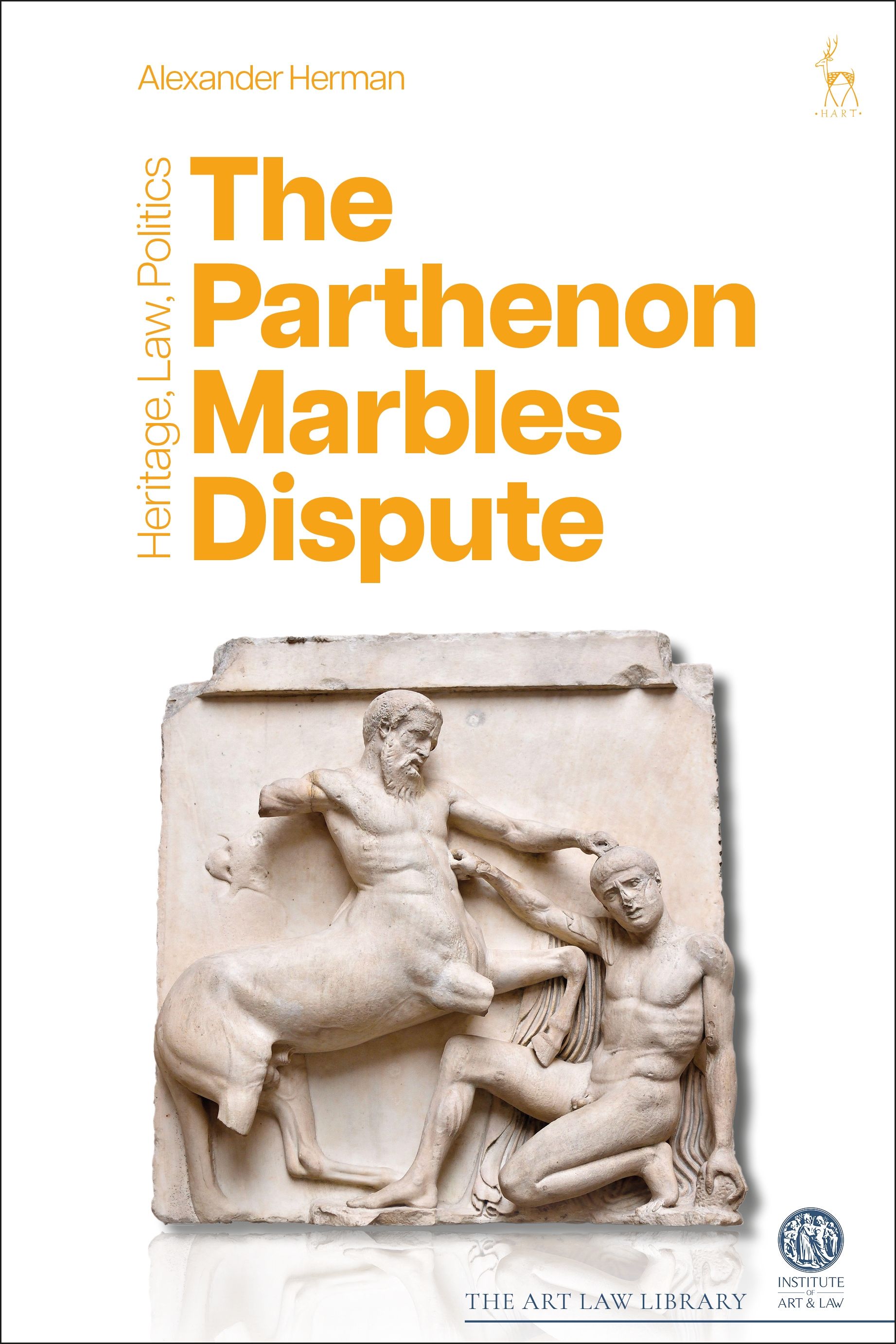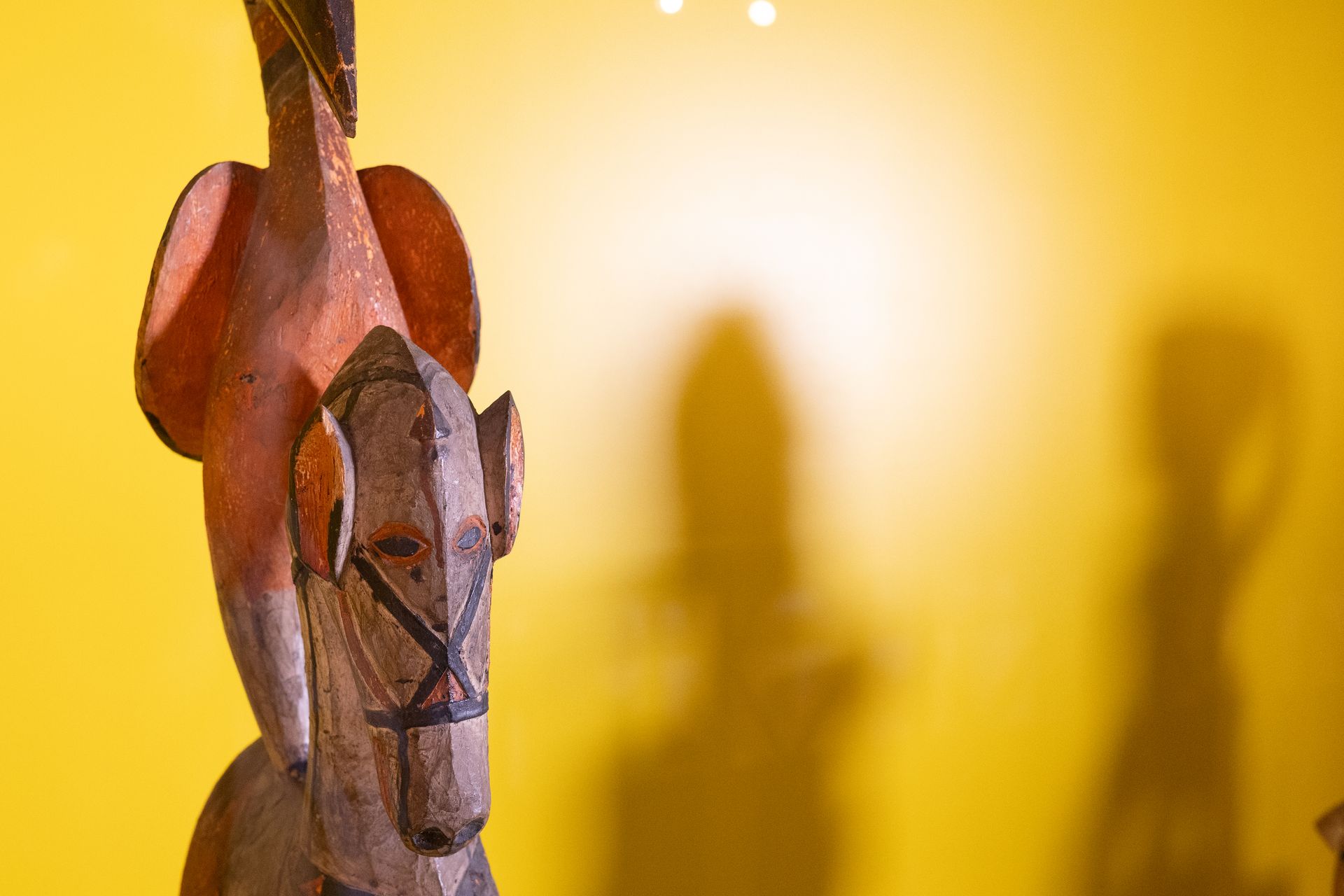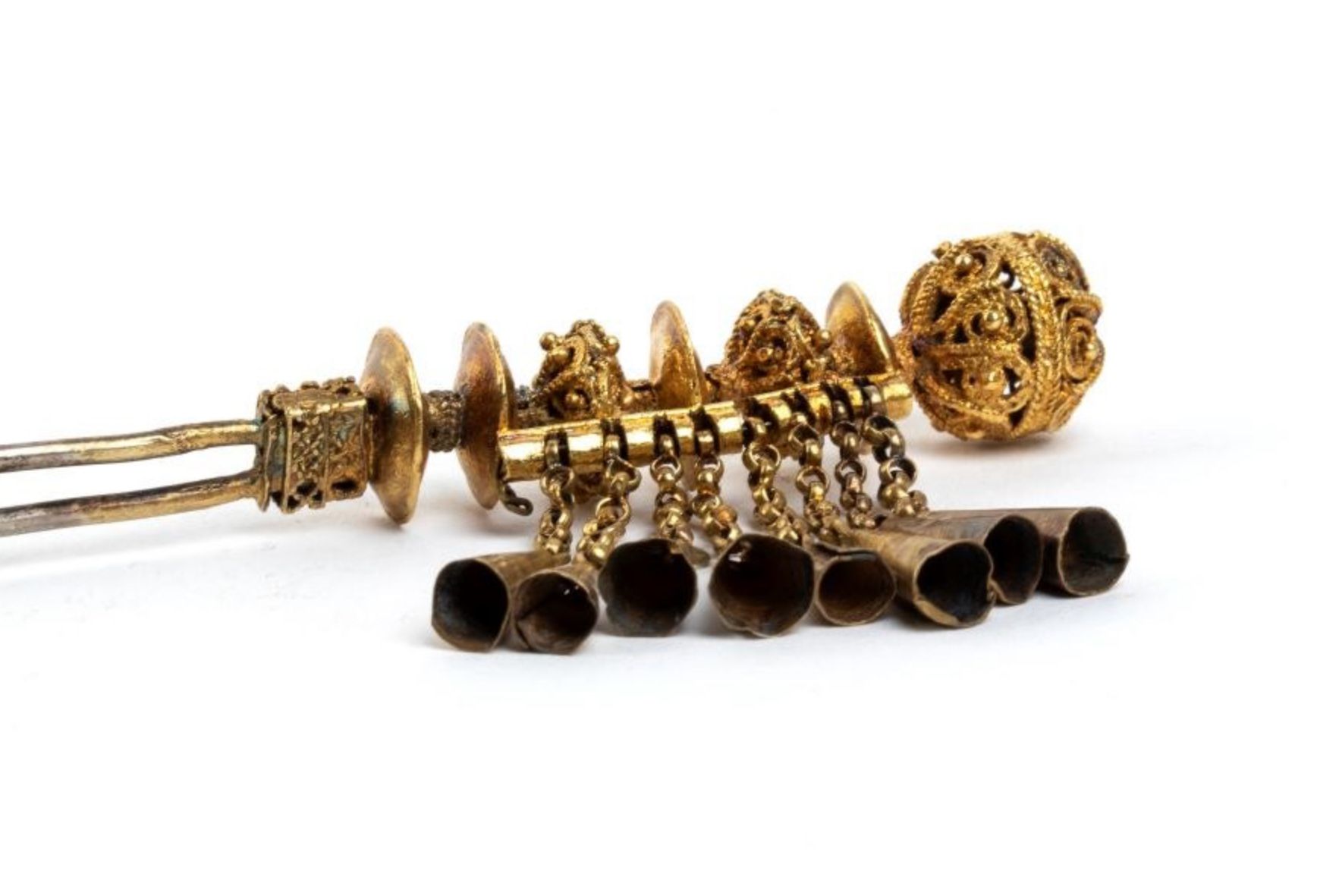Cultural Restitution
SHARE ARTICLE
BOOK REVIEW
The Parthenon Marbles Dispute
By Alexander Herman (Hart Publishing, 2023)
Over the years, a resolution of the world’s longest running restitution dispute has been blighted by an unseemly excess of nationalism and emotion. The arguments for and against the reunification of the Parthenon Marbles have remained largely unchanged.
It seems that for as long as Britain and Greece each regards the Marbles as a potent symbol of their own cultural heritage, this impasse will continue - a curious position for the UK to hold as the Marbles are certainly not part of the UK’s cultural heritage.
Which is why a new publication that brings a fresh perspective on the wider history of the Marbles and which argues that the conditions may now exist to reach some form of agreement is to be welcomed.
As director of the UK’s Institute of Art and Law, Alexander Herman has more experience than most of legal disputes concerning cultural heritage. His achievements in this new study, The Parthenon Marbles Dispute, lie in contextualising the different elements of the dispute and probing possible areas for a resolution.
This book is not an all-encompassing history of the 5th cent sculptures and reliefs decorating the temple structures on the Acropolis. Instead, it's about the conditions that existed at the time of their removal and the legal status of the Marbles in today's legal environment. This removes attention from one of the debate’s biggest distractions: Lord Elgin, ambassador to the Ottoman Empire, who wasn’t even in Athens when the sculptures were hacked off the temple walls or collected from the huge amount of rubble that surrounded the temple site.
In case there's any doubt, the chapter title, A Firman By Any Other Name, makes it clear where Herman stands on the issue whether Elgin's agents had the legal authority to remove the Marbles, or whether they were, as many still contend, looted or removed unlawfully. Although no official licence to remove the stones, signed by the Grand Vizier, has ever been recovered (called a firman), Herman believes there’s no reason to dispute the legality of the permission Elgin's men did receive. They must have acted on an order issued by the Ottoman Court (a buyurulda), an order that carried sufficient authority it had to be obeyed. They would have acted differently had it meant anything less.
Although still conjecture, on the balance of probabilities Herman concludes the removal of the stones was legal and permitted, “at least according to the Ottoman legal system.”
This allows Herman to move on and review the position of the Marbles in the context of today's legal environment, identifying areas where scope for compromise might exist and where the much-heralded 'Parthenon Partnership' might lead to some form of future agreement.
Two centuries after the Marbles were transported to London, the issue of title remains the most contentious area of this dispute. It's an issue that takes the debate into slippery territory. How credible is Greece’s claim for ownership of the Marbles compared with the UK’s entrenched claim to title?
Herman reminds us the British Museum’s right to enforce its claim exists because of the British Museum Act of 1st July 1816 and not because of any title granted by the Ottomans. But because title, by its nature, is only nationally derived, the British Museum’s title can only extend within the boundaries of Britain’s shores. For this reason, Herman questions whether Greece could be persuaded to acknowledge this element of the British Museum’s title – at least as far as it extends under English or UK law. What follows could be greater potential for co-operation.
Another area for possible compromise involves a resolution to what could be the British Museum’s greatest fear and anxiety: if sculptures are loaned to Greece, might they just refuse to give them back?
Herman believes the use of reciprocal loans could help shift the Museum’s attitude in favour of a loan agreement. This idea has been put forward by Greece in the past and, more recently, in discussions held between BM chairman George Osborne and Prime Minister Kyriakos Mitsotakis. The significant loans Greece has offered in return for the Marbles could act as a form of collateral, providing reassurance each party would see the return of their significant treasures. However, Herman notes an even more powerful instrument already exists through the principle of sovereign immunity from seizure. The UK already has one of the best immunity laws for protecting cultural objects on loan, according to Herman.

With the British Museum so stubbornly adrift of UK public opinion (which in recent years has moved decisively in favour of returning the Marbles), at first sight, new provisions in the Charities Act 2022 might lead to a re-think by the Museum of their moral and ethical stance. But grounds for optimism are limited, according to Herman. The new provisions allowing trustees to consider returning artefacts on ‘moral’ grounds have still not been implemented. What’s more, if they are ever implemented, it’s highly unlikely the Marbles would meet the test of ‘lower value’ demanded by the new Act.
Nevertheless, the principle has been proposed and is being widely debated. Therefore, it might still encourage the British Museum to “re-examine and put forward a morally defensible position”, according to Herman, instead of relying on legislation enacted 60 years ago.
Those discussions initiated in 2022 between Osborne and Mitsotakis (which curiously never involved British Museum director Hartwig Fischer) are said to herald a new ‘Parthenon Partnership’. We still don’t know the direction of this Partnership, but Herman suggests the Museum’s new willingness to engage could represent a “watershed” in this long-running dispute, laying the groundwork, in his view, for a “very real possibility for change.” To demonstrate this apparent softening of stance, he cites the withdrawal of the British Museum's former requirement to acknowledge their title as a precondition of any loan. This precondition apparently disappeared from the Museum’s website in early 2022.
Herman also reports signs of change in the Greek camp, including a narrowing of Greece's demands in recent years. Greece is no longer demanding the return of all the sculptures removed by Elgin's men from the Acropolis site, just those removed from the Parthenon.
So, what continues to stand in the way of achieving a resolution? The conversations held with Greek colleagues and friends have left Herman with the impression ordinary Greek citizens would be happy with a sharing arrangement involving long-term renewable loans. I suspect most Britons would be happy with that as well. But it’s the grandstanding of politicians that remains the biggest obstacle to change. Shift the decision-making onto the two museums in London and Athens that will support these collections in the future, according to Herman, and a resolution may finally be within our reach.
This simple, elegant solution epitomises Herman’s clear, even-handed and refreshing approach to this immensely complex dispute. I don't share his confidence that British politicians might be prepared to listen to the legal elements of this dispute - at least, not in the current administration. But as a non-lawyer, I was left feeling an important contribution has been made to identify areas of compromise that might help resolve this long-running dispute.



